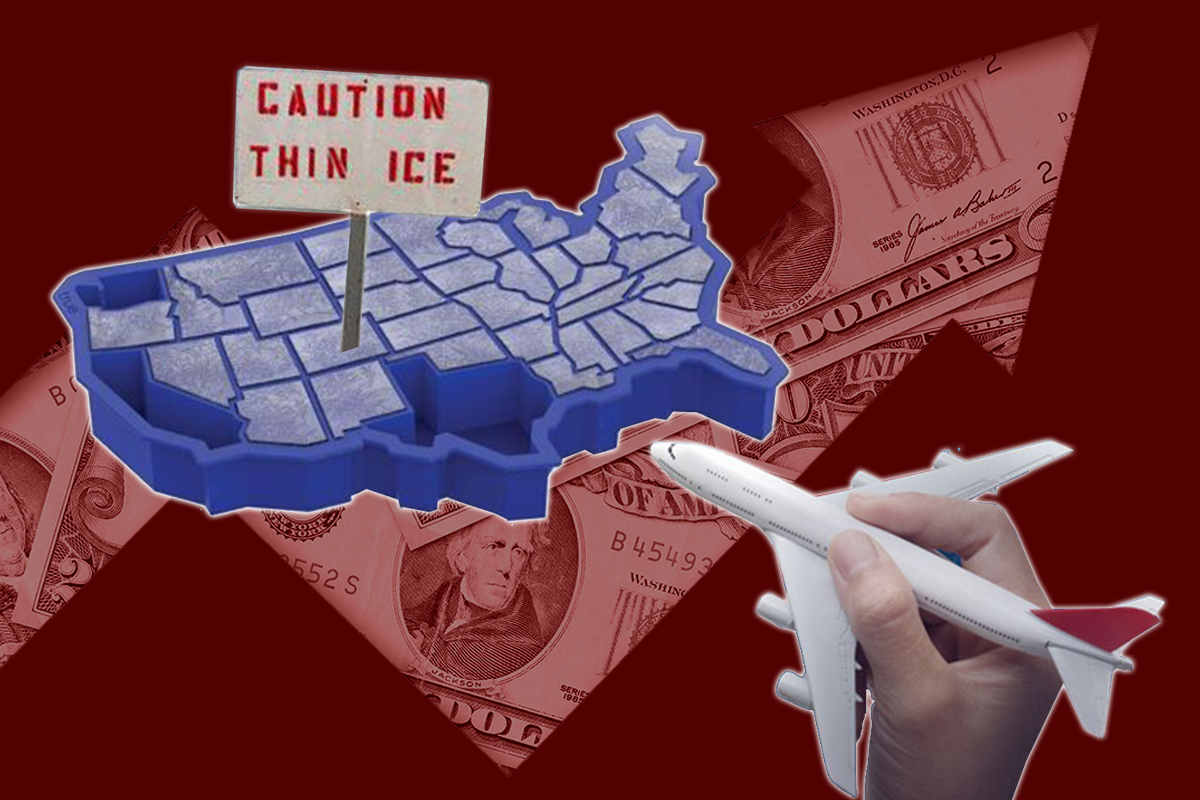Skift Take
U.S. airlines all say that demand continues to stay super strong as they look ahead to spring and summer. But just how long will the happy demand story persist and might the party be ruined by rising costs?
It’s like that bunny in the old Energizer battery commercials: Still going.
Covid’s cork on travel demand finally popped off roughly one year ago, unleashing some of the strongest bookings for air travel that U.S. airlines have ever seen. Well, that demand is still going strong, according to a parade of U.S. airline CEOs that presented at a J.P. Morgan investor event in New York last week.
Delta Air Lines' Ed Bastian: "I can tell you at Delta, our demand is strong and getting stronger.”
American Airlines’ Robert Isom: “From a demand perspective, I can tell you that what I see coming to the summer, it looks really positive.”
Southwest Airlines’ Robert Jordan: “I’m just really pleased with our first quarter revenue outlook.”
Spirit Airlines' Ted Christie: “Our unit revenue production is very much on track. Demand has been strong heading into the peak part of the spring break leisure period and being a Florida-based carrier where a lot of our capacity is, it’s going to be a very good spring break for us.”
You get the point. One day before the investor event, United did introduce some unease by disclosing weaker-than-expected revenue trends for the current quarter, putting it on track for a quarterly loss. However, CEO Scott Kirby, while apologizing for the bad first quarter forecast, dismissed its significance the following day. January and February, as it turned out, came in weaker for United.
Why? As Kirby and his colleague Andrew Nocella explained, these are off-peak months that historically saw a fair amount of corporate travel to prop up yields. Well, corporate travel hasn’t yet returned to 2019 levels. Meanwhile, Nocella, perhaps more importantly, hinted that the airline might have pushed toofar on yield management, taking fares up too high.
Ignore all that, United is saying. “Putting aside where we are in (the first quarter),” Nocella said, “the financials and the outlook are really great. We’re on target for everything we said we’d be on target for the year.”
“We had a bad forecast, and we own it…," Kirby said. "(But) the bigger picture is the outlook looks really strong.”
Sure enough, United is sticking to its full-year forecast of earning a 9 percent pre-tax margin excluding special items. That happens to be exactly what it earned in 2019.
Concerns for AirlinesUnited’s disclosur
